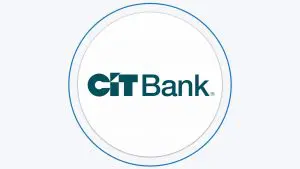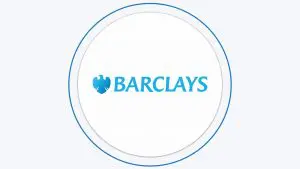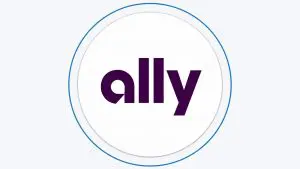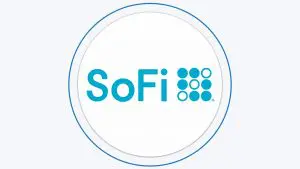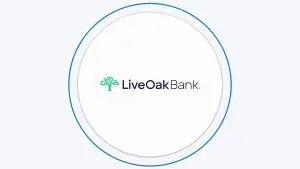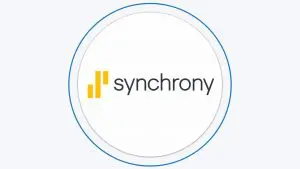Table Of Content
Can You Negotiate CDs Or Savings Account Interest Rates?
Yes, you can negotiate savings account and CD interest rates with your bank. More than that – in some cases, it may be the right thing to do since your chances can be high – depending on your circumstances.
However, it is not always guaranteed that you will be successful. Let's explore when is the right time to negotiate, in which financial institutions your chances are higher, and how to make a successful negotiation.
In Which Cases You May Negotiate?
In general, the cases where you may have more room to negotiate on savings rates or CD rates are:
Deposit a large sum of money: If you are depositing a substantial amount of money, such as a high-value savings account or a large Certificate of Deposit, banks might be more willing to negotiate with you for a higher interest rate. Large deposits represent a more significant source of funding for the bank, and they may offer better rates to attract and retain such customers.
Existing relationship with the bank: If you have been a loyal and long-term customer with the bank, and you have multiple accounts or investments with them, they might value your loyalty and offer you a preferential interest rate as a way to keep your business.
Multiple assets or accounts: If you have other assets or investments with the bank, such as retirement accounts, brokerage accounts, or loans, they may see you as a valuable customer and be more open to negotiating better rates to maintain your overall relationship with them.
Bringing in new business: If you are moving your accounts from another bank to the one you are negotiating with, they may be willing to offer you competitive rates to incentivize you to make the switch.
Competitive offers from other banks: If you have received better interest rate offers from other banks, you can use these offers as leverage to negotiate with your current bank. Sometimes, they may be willing to match or beat the competitor's rate to retain you as a customer.
Identifying Top Banking Institutions For Negotiation
The likelihood of successfully negotiating better rates can vary depending on whether you are dealing with online banks, credit unions, or traditional banks. Each type of institution has its own unique characteristics that can influence their willingness to negotiate:
-
Online Banks
Online banks operate solely through online platforms and don't have physical branches. They often have lower overhead costs compared to traditional banks, which can allow them to offer higher interest rates on savings accounts and CDs.
Since online banks have a more streamlined and cost-efficient business model, they might have some flexibility in negotiating rates, but your chances are quite low. The rates are already high, and the fact there is no personal relationship lowers your chances of success compared to credit unions or traditional banks.
-
Credit Unions
Credit unions are not-for-profit financial cooperatives owned by their members. They often prioritize customer satisfaction over maximizing profits. As a result, credit unions may be more willing to negotiate rates and terms with their members.
While there are credit unions with high CD rates, it usually have lower savings rates compared to online banks.
If you have an existing relationship with a credit union and have been a loyal member, your chances of success in negotiation might be higher. However, credit unions are more limited compared to what traditional banks can offer.
-
Traditional Banks
You have the best chance to make a successful negotiation if you put your money in a traditional bank. On the surface, traditional banks, with their physical branches and larger corporate structures, might have more rigid policies and standardized rate offerings.
Nevertheless, traditional banks typically begin with lower interest rates, often significantly below those offered by online banks. This provides an opportunity to negotiate from a higher starting point when discussing rates with your banker.
Moreover, the personalized service provided by traditional banks motivates them to work diligently in retaining you as a valued customer, particularly if you possess substantial assets or maintain sizable deposits.

How To Negotiate Savings And CD Rates Successfully?
Negotiating savings accounts and CD rates successfully requires preparation, communication skills, and a good understanding of your financial standing. Here's some tips to help you negotiate effectively:
Research and Compare Rates: Start by researching the current market rates for savings accounts and CDs. Look into online banks, credit unions, and traditional banks to get an idea of what rates are being offered. Having this information will give you a benchmark for your negotiations.
Know Your Financial Standing: Understand your financial situation, including the amount you intend to deposit and your credit history. Banks are more likely to negotiate with customers who have strong credit and significant deposits.
Leverage Your Relationship: If you have an existing relationship with the bank, use it to your advantage. Highlight your loyalty as a customer, the length of time you've been with the bank, and any other accounts or investments you hold with them.
Speak with a Manager or Relationship Manager: When negotiating, try to speak with a bank manager or a relationship manager. They often have more authority to make decisions regarding rates and may be more open to negotiation than front-line staff.
Be Polite and Respectful: Approach the negotiation with a positive attitude and be respectful throughout the process. A cooperative and friendly demeanor can go a long way in building rapport and reaching a favorable outcome.
Highlight Your Value as a Customer: Emphasize any assets you have, significant deposits, or additional accounts you plan to open with the bank. Banks value customers who bring them more business and may be more willing to offer better rates to retain you.
Be Flexible: If the bank is unable to meet your desired rate, be open to compromise. A lower increase than expected may still be worth it.
Consider the Current Economic Climate: Understand that interest rates are influenced by the broader economic conditions and the Federal Reserve's policies. Be realistic about what rates may be achievable in the current market environment.
FAQs
Can loyalty to a bank influence the negotiation process?
Yes, being a loyal and long-term customer can positively impact your negotiation. Highlight your history with the bank and the number of accounts you hold to increase your chances of success.
Are online banks more open to negotiation than traditional banks?
Online banks may have some room for negotiation, but their rates are often competitive from the start. Traditional banks may be more open to negotiating, depending on your situation.
How do I start negotiating CD rates?
Begin by researching the current market rates for CDs and gather competing offers from other banks. Then, approach your bank's manager or relationship manager to discuss your interest in negotiating a better rate.
Are there any risks in negotiating rates with a bank?
There are generally no significant risks, as banks are used to such discussions. However, be prepared for the possibility that they may not be able to meet your desired rate.
What if my bank refuses to negotiate rates?
If your bank is unwilling to negotiate, you can explore other options by considering different banks or financial institutions offering more favorable rates.
How long does the negotiation process typically take?
The negotiation process can vary, but it often happens during a single meeting or phone call. In some cases, it might require multiple interactions to reach a resolution.





